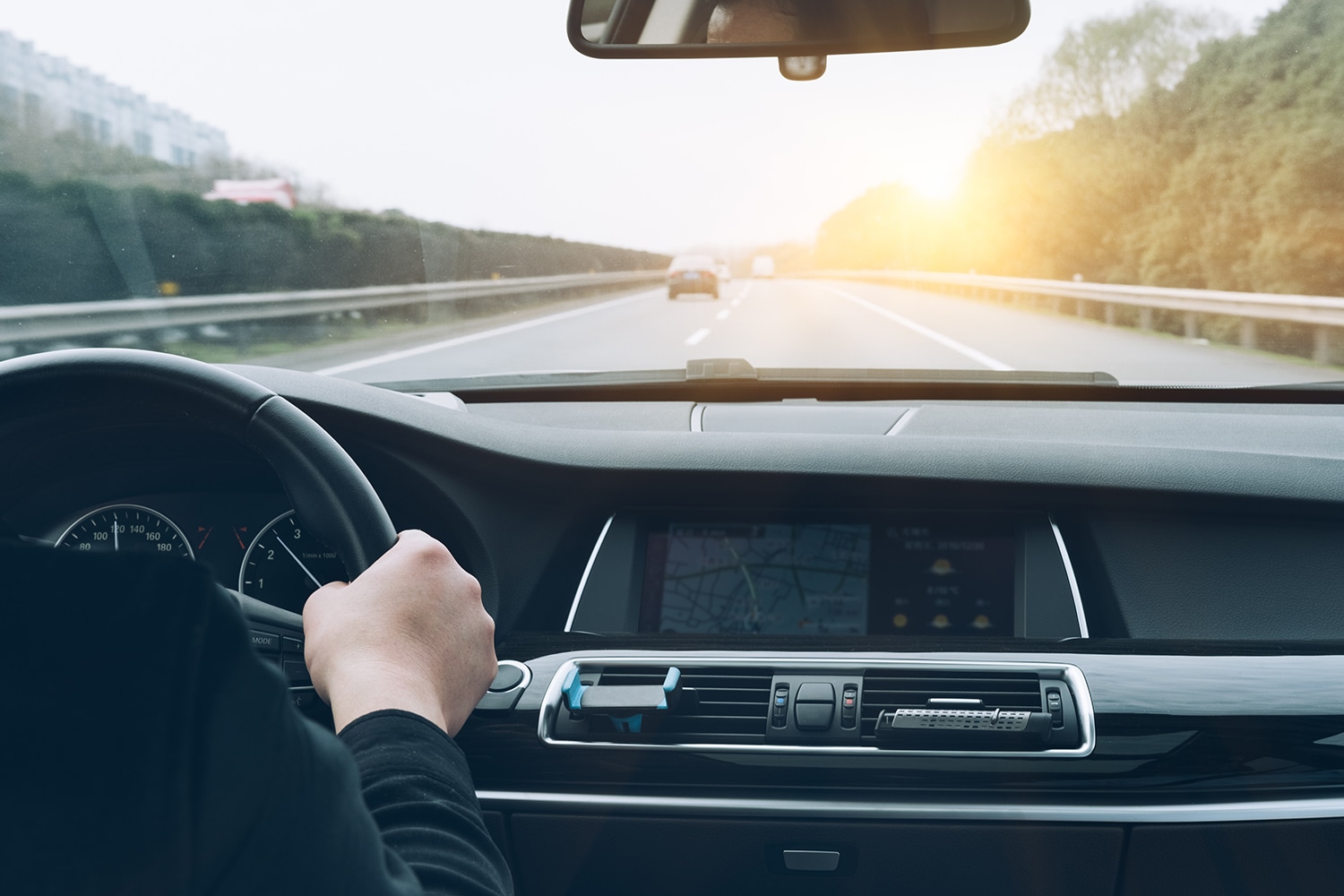WHEN PHIL HYATT’S WIFE, JUDITH LOWE HYATT, was diagnosed with stage IV ovarian cancer in 1989, he learned firsthand how regimented cancer treatment could be, driving her from their home in Cherry Hill, N.J., to a local hospital for her monthly chemotherapy infusions. It was a far different experience from his bout with cancer: stage II melanoma that required only surgery. And it made him acutely aware of the daily challenges many patients face.
So when Hyatt contacted the American Cancer Society in 1994, three years after Judith’s death, to learn about volunteer opportunities, he was quick to say yes when the organization asked whether he was interested in being a driver for Road to Recovery, a program that provides transportation to and from treatment for cancer patients who are not able to drive themselves or who do not have a ride.
Want to Be a Volunteer Driver?
- You should be in good health and have the time and resources to drive patients to treatment and back home again.
- You should have a valid driver’s license for the state in which you live.
- You should have a safe and reliable vehicle and proof of car insurance.
- You should have a good driving history.
Eighteen years and about five cars later, Hyatt is still driving patients to and from treatment. But he volunteers much more than a ride: He talks to his passengers about his own cancer experience to put them at ease, and he stays with patients who need support during treatment.
“I get to know the people a little bit,” Hyatt says. “Most are interesting to talk to and talkative. I’ll tell them I’m a 36-year survivor—of course they like to hear that.”
The patients who use Road to Recovery are diverse. Some are from low-income neighborhoods where they don’t have easy access to transportation, others are former doctors who are now too old to drive, and still others are just too weak from treatment to drive themselves.
Hyatt’s work doesn’t just benefit his passengers. It makes him feel involved and more active. “I don’t want to admit that I’m getting old,” he says, noting how fortunate he is that he has the time to volunteer. And he has no plans to stop. The work is rewarding, he says, “particularly when people are thankful to you when you take them home.”
Cancer Today magazine is free to cancer patients, survivors and caregivers who live in the U.S. Subscribe here to receive four issues per year.





